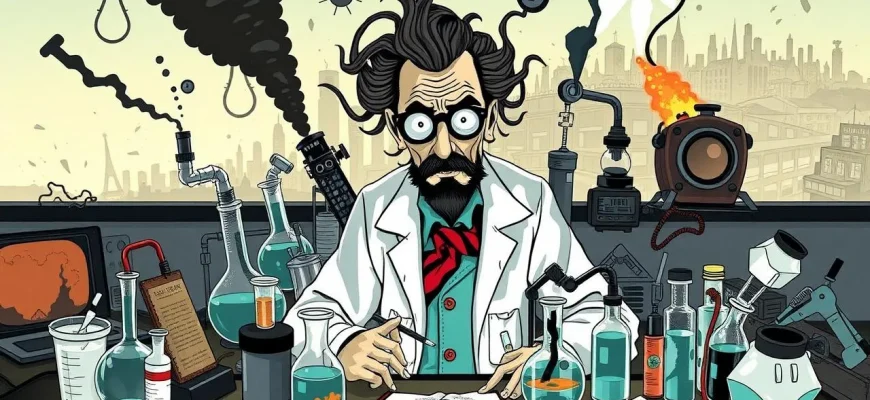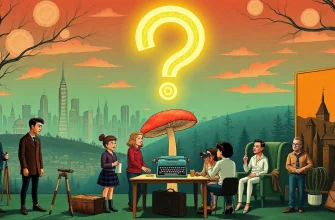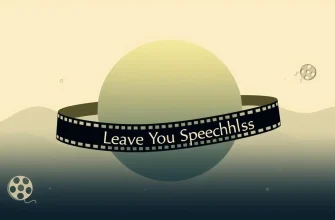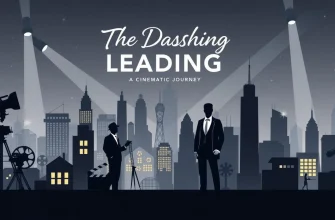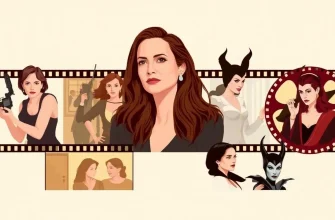Mad scientists have long been a staple in cinema, providing a thrilling mix of horror, comedy, and science fiction. These films delve into the minds of brilliant yet unhinged individuals whose experiments often spiral out of control, leading to unpredictable and sometimes catastrophic results. This curated list of 10 movies not only entertains but also offers a fascinating look at the ethical dilemmas and the fine line between genius and madness.

Frankenstein (1931)
Description: This classic horror film features Dr. Henry Frankenstein, who creates a living creature from dead body parts, leading to tragic consequences. It's a cornerstone of mad scientist cinema, exploring themes of creation and responsibility.
Fact: The film was based on Mary Shelley's novel, and Boris Karloff's portrayal of the Monster became iconic.
 Watch Now
Watch Now 
Dr. Jekyll and Mr. Hyde (1931)
Description: Dr. Jekyll experiments with a potion that transforms him into the evil Mr. Hyde, showcasing the duality of human nature. This film is a perfect example of a scientist losing control over his own experiment.
Fact: The film was remade several times, but the 1931 version with Fredric March is often considered the best.
 Watch Now
Watch Now 
The Nutty Professor (1963)
Description: Professor Julius Kelp invents a potion to transform himself into a suave, confident man, but with disastrous side effects. This film combines comedy with the theme of scientific transformation.
Fact: Jerry Lewis starred in and directed this film, which was later remade with Eddie Murphy.
 Watch Now
Watch Now 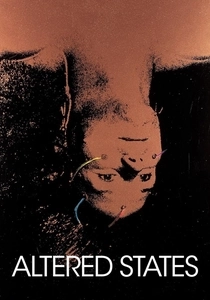
Altered States (1980)
Description: Dr. Eddie Jessup experiments with sensory deprivation tanks and hallucinogens, leading to physical and mental transformations. This film explores the boundaries of human consciousness and scientific exploration.
Fact: The film was based on a novel by Paddy Chayefsky, who also wrote the screenplay.
 Watch Now
Watch Now 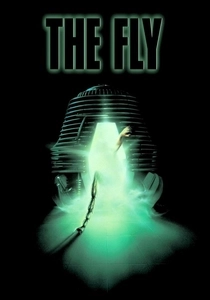
The Fly (1986)
Description: Seth Brundle's teleportation experiment goes horribly wrong when a fly enters the machine, leading to his transformation into a human-fly hybrid. This film blends horror with science fiction, highlighting the dangers of unchecked scientific ambition.
Fact: The film was directed by David Cronenberg, known for his body horror themes.
 Watch Now
Watch Now 
The Island of Dr. Moreau (1996)
Description: Dr. Moreau conducts genetic experiments on animals, creating human-animal hybrids. This film delves into the ethics of genetic manipulation and the hubris of its creator.
Fact: The film had a notoriously troubled production, with multiple directors and script changes.
 Watch Now
Watch Now 
Splice (2009)
Description: Clive and Elsa, two genetic engineers, splice human DNA with animal DNA to create a new organism, which grows beyond their control. This film examines the moral implications of playing God with genetics.
Fact: The creature in the film was designed by Guillermo del Toro's frequent collaborator, Guy Davis.
 Watch Now
Watch Now 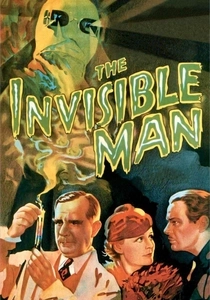
The Invisible Man (1933)
Description: Dr. Jack Griffin discovers a way to make himself invisible but becomes mad with power. This film explores the psychological effects of scientific discovery gone awry.
Fact: The film was based on H.G. Wells' novel of the same name.
 30 Days Free
30 Days Free 
Young Frankenstein (1974)
Description: A comedic take on the Frankenstein story, where Dr. Frederick Frankenstein inherits his grandfather's castle and continues his experiments. This film parodies the original while still paying homage to its themes.
Fact: Mel Brooks directed this film, and Gene Wilder co-wrote the screenplay.
 30 Days Free
30 Days Free 
Re-Animator (1985)
Description: Herbert West, a medical student, develops a serum to reanimate the dead, leading to gruesome and comedic results. This film is a cult classic, known for its over-the-top gore and dark humor.
Fact: It was loosely based on H.P. Lovecraft's story "Herbert West–Reanimator."
 30 Days Free
30 Days Free 
